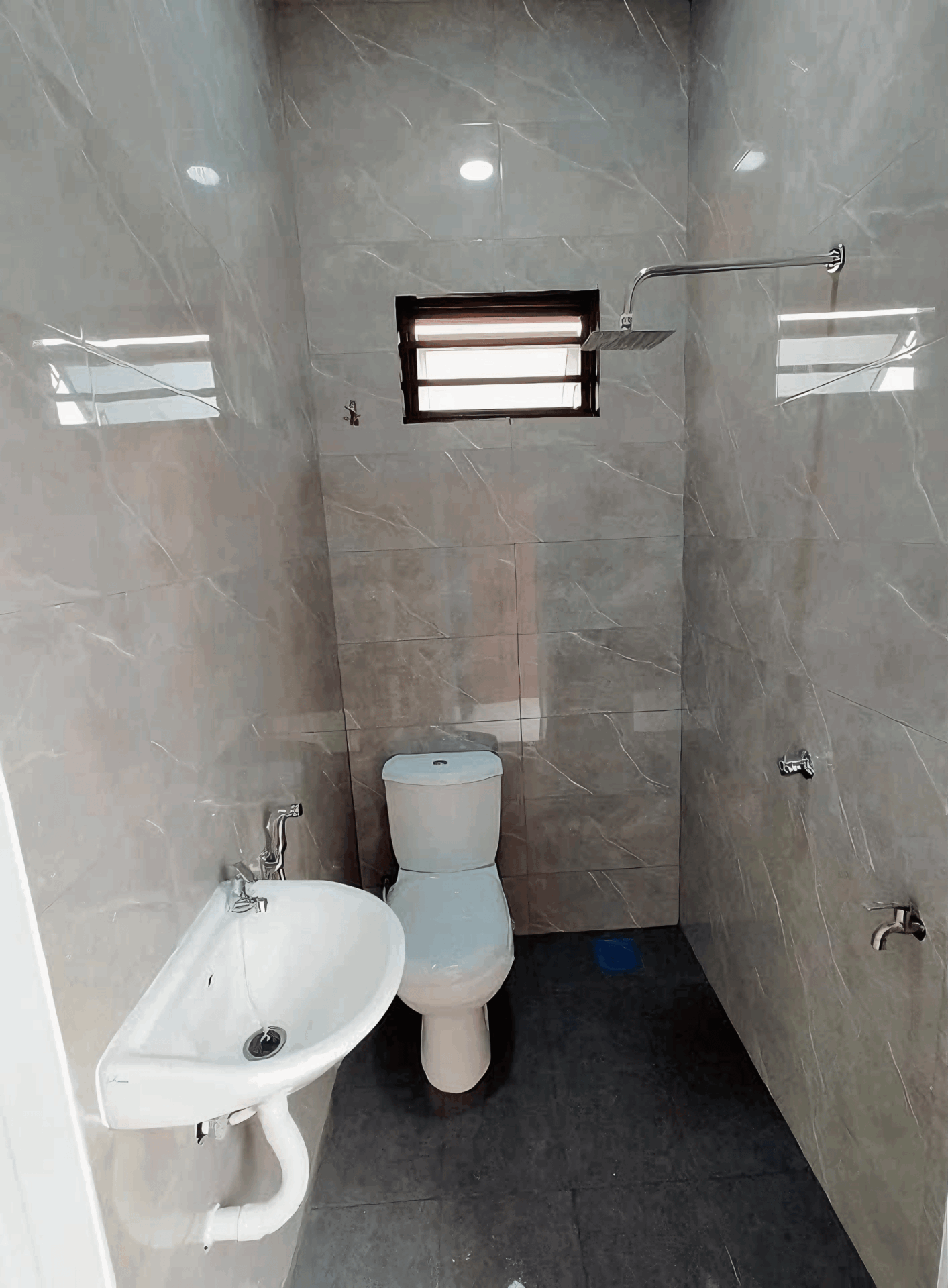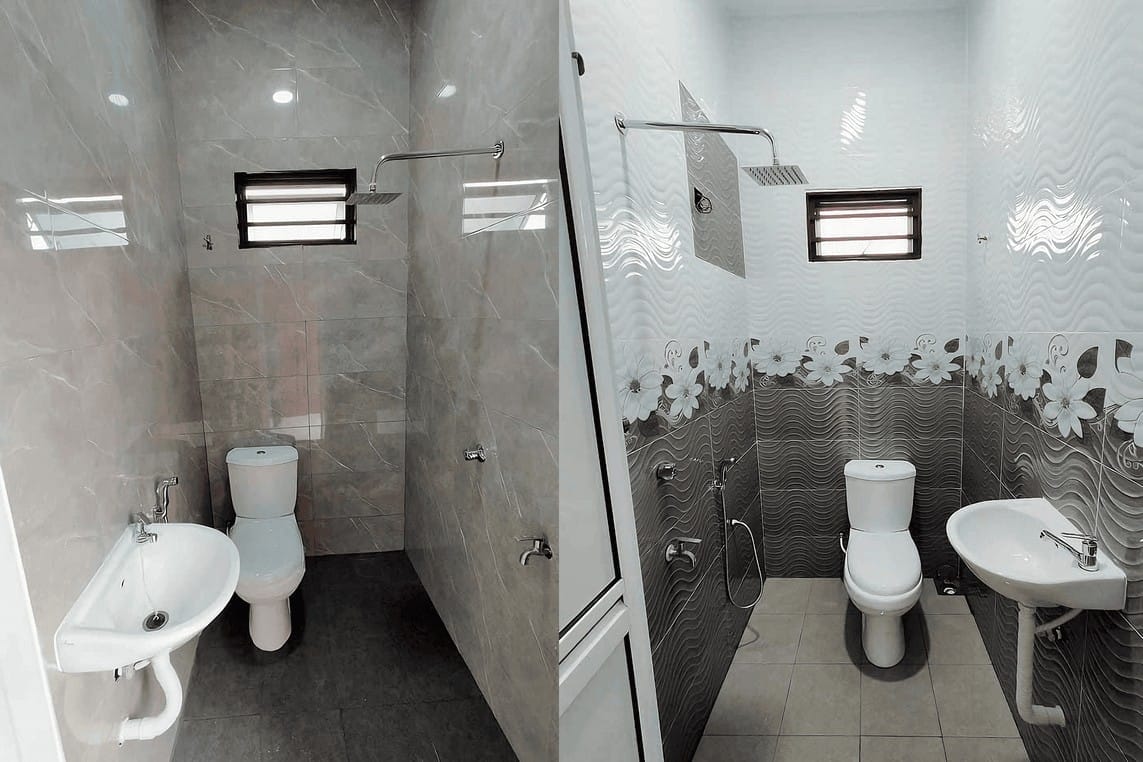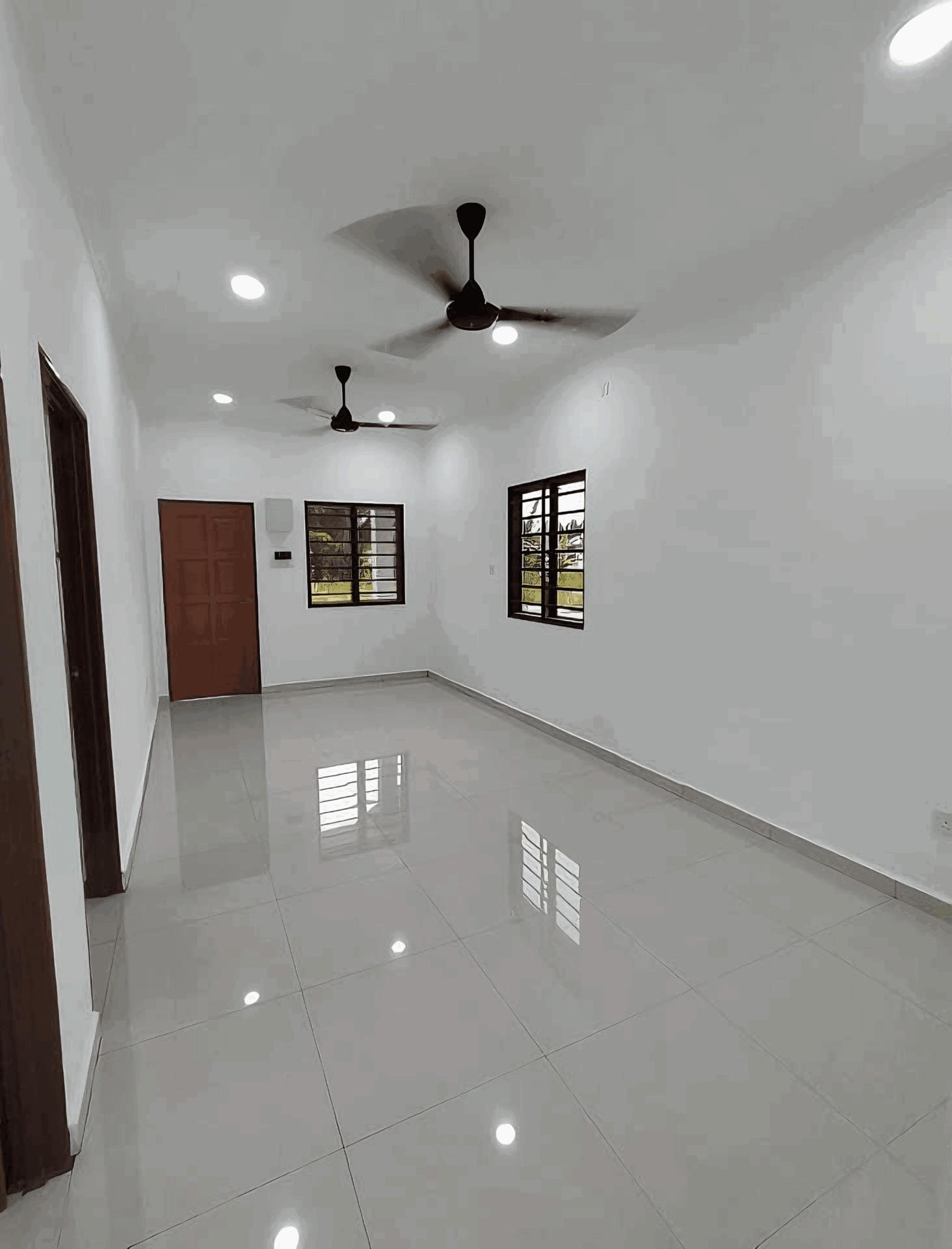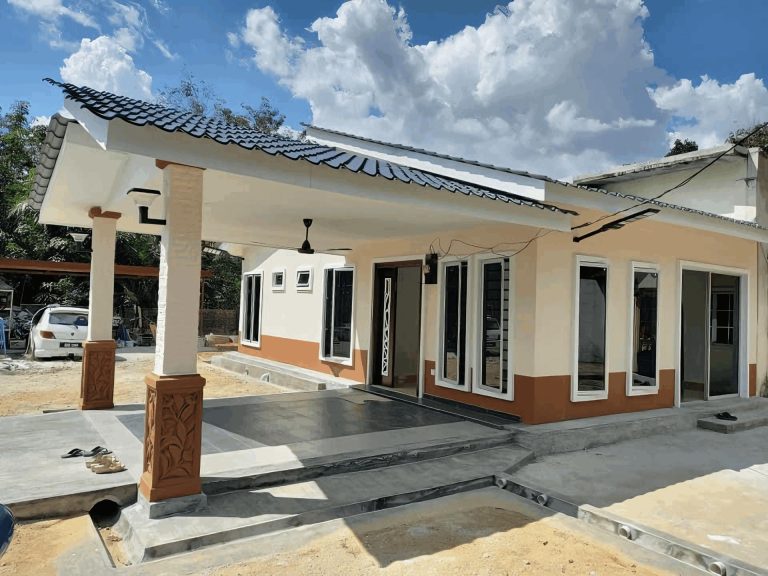Why Malaysian Construction Giants are Eyeing Overseas Markets
Hey there! Ever wondered why some of our homegrown Malaysian construction giants are packing their bags and looking beyond our shores? It’s pretty fascinating, really. As the economy evolves and demands at home reach new heights, these companies are dreaming big and setting their sights on international opportunities. From building iconic skyscrapers to laying down infrastructure in emerging markets, the landscape is changing, and our local firms are eager to get in the game. In this article, we’ll dive into the reasons behind this trend—what motivates these industry leaders to spread their wings abroad, and what it could mean for the future of Malaysia’s construction scene. So, grab a cup of teh tarik, and let’s explore why our builders are going global!
Emerging Opportunities in ASEAN Markets
As the world recovers from the disruptions caused by the pandemic, Malaysian construction giants are setting their sights on overseas markets within the ASEAN region. Countries like Vietnam, Thailand, and the Philippines are experiencing rapid urbanization and infrastructure development that present lucrative opportunities for investment. Malaysian firms, known for their quality construction and innovative methodologies, are poised to leverage these trends and partake in regional projects that promise not only expansion but also enhanced reputational capital.
One of the key factors driving this interest is the emerging infrastructure projects across ASEAN. Governments in these nations are ramping up spending on roads, bridges, and public transport systems to meet the growing demands of their populations. Here are a few trends that further illustrate this opportunity:
- Sustainable construction practices: There’s a growing emphasis on green building techniques that reduce carbon footprints.
- Public-Private Partnerships (PPPs): Many governments are open to collaborations that can enhance project financing.
- Technological integration: Smart cities are becoming the norm, creating a need for cutting-edge construction solutions.
Another significant factor is the ASEAN Economic Community (AEC) framework, which promotes economic integration among member nations. This has led to relaxed trade barriers and enhanced cooperation among countries, making it easier for Malaysian companies to enter these markets. Consider the following competitive advantages that Malaysian firms can offer:
| Advantage | Description |
|---|---|
| Expertise in regional culture: | Understanding local customs fosters better partnerships and community engagement. |
| Quality assurance: | Established reputation for quality construction enhances trust among stakeholders. |
| Financial resilience: | Ability to navigate economic fluctuations gives a competitive edge in less stable markets. |

Adapting to Global Trends in Sustainable Construction
As global concerns around climate change and environmental sustainability grow, construction giants in Malaysia are taking proactive steps to align their business practices with international trends. This adaptation isn’t just about compliance; it’s about seizing opportunities in new markets. Many companies are now integrating eco-friendly materials and green technologies into their projects, resulting in structures that are not only durable but also environmentally responsible.
Additionally, global markets are increasingly favoring builders who prioritize sustainability. Malaysian construction firms are tapping into this demand by showcasing their commitment to innovative waste management, energy efficiency, and renewable energy sources. By embracing these practices, they enhance their global competitiveness. Here’s a quick look at some of the key strategies being implemented:
- Investment in sustainable materials
- Development of energy-efficient designs
- Adoption of smart building technologies
A key factor in this transition is collaboration with international partners who are already well-versed in sustainable practices. By forming alliances, Malaysian companies are not only learning best practices but are also expanding their reach in overseas markets that are increasingly prioritizing sustainable building. Here’s a simplified comparison of the typical practices adopted by Malaysian firms versus global trends:
| Malaysian Practices | Global Trends |
|---|---|
| Focus on local resources | Emphasis on global standards |
| Limited green certification | Widespread adoption of green certifications |
| Traditional construction methods | Use of modular and prefabricated technologies |

Navigating Regulatory Landscapes for International Expansion
For Malaysian construction companies venturing into global markets, understanding local regulations is key to a successful expansion. Each country has its own unique set of rules, compliance standards, and bureaucratic norms that can either pave the way for smooth operations or create significant hurdles. Firms need to engage deeply with local laws regarding labor, environmental impact, zoning, and procurement processes to mitigate risks and ensure sustainability in their projects.
A proactive approach involves interacting with local governments and industry bodies to gain insights into the regulatory environment. Here are some strategies that construction giants can adopt:
- Conduct thorough research: Study the legal requirements specific to the construction sector in the target country.
- Engage local expertise: Collaborate with local consultants and legal experts who can provide guidance tailored to the nuances of the market.
- Establish partnerships: Form alliances with local firms to navigate the terrain effectively and benefit from established networks.
Furthermore, the implications of regulatory compliance can be vast. Firms should consider maintaining a flexible operational framework to adapt to changing laws. An effective way to track compliance is through a well-organized system, as demonstrated in the following table:
| Country | Key Regulations | Compliance Tips |
|---|---|---|
| Indonesia | Building Permits, Environmental Laws | Local partnerships are crucial. |
| Vietnam | Investment Licenses, Labor laws | Focus on local labor regulations. |
| Philippines | Tax Regulations, Zoning Laws | Ensure thorough tax compliance education. |
as Malaysian construction firms broaden their horizons internationally, being well-versed in the regulatory landscapes will not only minimize risks but also enable them to seize opportunities efficiently. With the right strategies, they can build a robust framework for managing complexities, turning challenges into triumphs.

The Role of Technology in Streamlining Operations Abroad
In today’s fast-paced global market, technology is reshaping how construction giants operate beyond Malaysian borders. With tools ranging from project management software to advanced communication platforms, these firms are harnessing innovation to enhance efficiency and productivity. Utilizing cloud-based systems allows teams to share real-time updates, ensuring that everyone is on the same page, regardless of location.
Moreover, the adoption of Building Information Modeling (BIM) has revolutionized planning and execution. This cutting-edge technology provides 3D visualizations and helps in pinpointing potential challenges in projects before they arise. By engaging with BIM, construction companies can save time and reduce costs, leading to smoother operations when venturing into new markets. Here are some key benefits of BIM:
- Enhanced Collaboration: Teams can work together more effectively, no matter where they are.
- Improved Accuracy: Early detection of design issues minimizes costly errors.
- Streamlined Workflow: Project timelines are optimized, ensuring timely delivery.
Furthermore, data analytics plays a crucial role in optimizing resource allocation. By analyzing previous projects and current market trends, Malaysian construction firms can make informed decisions regarding materials, labor, and timelines. The following table illustrates how technology streamlines information management:
| Technology | Functionality | Benefit |
|---|---|---|
| Project Management Software | Tracks progress and deadlines | Increases accountability |
| Remote Communication Tools | Facilitates instant updates | Enhances teamwork |
| Data Analytics | Identifies trends and forecasts | Improves decision-making |
By embracing these technological advancements, Malaysian construction companies not only position themselves for successful international expansion but also contribute to more sustainable and intelligent industry practices. The efficient use of technology in operations abroad signifies a proactive approach to embracing challenges and leveraging opportunities in global markets.

Cultural Competence as a Key to Success in New Markets
As Malaysian construction giants set their sights on international ventures, their ability to navigate diverse cultural landscapes becomes fundamental for success. Understanding the local customs, business etiquettes, and societal expectations of the target market allows these companies to build strong relationships with clients and stakeholders. Some essential aspects to consider include:
- Communication Styles: Different cultures have unique communication preferences—knowing when to speak up or listen can lead to smoother negotiations.
- Business Etiquette: From greetings to meeting protocols, grasping local customs can enhance respect and foster trust.
- Understanding Norms: Being aware of social and cultural norms helps avoid missteps that could jeopardize business prospects.
Moreover, employing a workforce that embodies cultural diversity can serve as a competitive advantage. Organizations that embrace multicultural teams are better equipped to address local needs and innovate services that resonate with diverse clientele. By promoting an inclusive environment, organizations can amplify creativity and bring fresh perspectives into their operations. The advantages of a diverse team include:
- Enhanced Problem Solving: Different viewpoints can lead to more comprehensive solutions.
- Improved customer insights: Employees familiar with local cultures can provide invaluable feedback on market preferences.
- Strengthened Brand Image: Emphasizing cultural engagement can bolster a company’s reputation in foreign markets.
Let’s not forget that successful market entry requires more than just construction expertise; it demands cultural intelligence. For firms aiming to thrive in international waters, investing in cultural training is essential. This could take the form of:
| Training Type | Description |
|---|---|
| Workshops | Interactive sessions to learn about local cultures and practices. |
| Mentorship Programs | Pairing employees with local experts to foster on-ground learning. |
| Language Courses | Enhancing communication skills for better engagement. |

Strategic Partnerships: Building Bridges Across Borders
In today’s interlinked economy, strategic partnerships are more than just a collaboration; they’re essential for growth. Malaysian construction giants are leveraging alliances with international firms to break into lucrative overseas markets. By joining forces, these companies can strategically combine resources, technical expertise, and market insights. Such partnerships empower them to tackle larger projects that might be out of reach individually, while also spreading potential risks. The result? Enhanced competitiveness and a stronger foothold in the global landscape.
Building connections across borders means sharing knowledge and innovation. For instance, by partnering with local firms in target countries, Malaysian companies gain invaluable insights into regional market dynamics, compliance regulations, and customer preferences. This localized approach often translates to better tailored solutions that resonate with clients. Consider the following advantages of these partnerships:
- Access to New Markets: Breaking into regions with established local partners creates instant credibility.
- Resource Sharing: Combining strengths leads to improved efficiency and reduced operational costs.
- Innovation Boost: Collaborating often sparks fresh ideas and advanced technologies.
As the landscape evolves, it’s crucial for Malaysian construction firms to stay adaptable. These strategic alliances can also facilitate exploration into new areas such as sustainable construction techniques and smart building technologies. For instance, partnerships with foreign firms specializing in green technology can help local giants meet the rising demand for environmentally friendly building solutions. Below is a simple overview of potential collaborations:
| Partner Type | Benefits |
|---|---|
| Local Firms | Insights into market trends, regulations, and customer needs. |
| Technology Providers | Access to the latest innovations and construction methodologies. |
| Government Entities | Navigating permits and gaining credibility for projects. |

Investment in Workforce Development for Global Competitiveness
In today’s fast-paced global market, Malaysian construction giants understand that investing in workforce development is crucial for maintaining competitiveness. By enhancing employee skills and knowledge, these companies can better adapt to international standards and delivery expectations. The focus on training programs, apprenticeships, and continuous education ensures that workers are not just equipped with the latest techniques but are also culturally competent to navigate different market dynamics.
Key strategies for successful workforce development include:
- Skills Enhancement: Regular upskilling workshops to keep pace with technological advancements.
- Collaboration with Educational Institutions: Forming partnerships with universities and technical colleges to tailor curriculums that meet industry needs.
- Diversity and Inclusivity Training: Preparing employees to work in varied cultural contexts enhances adaptability in foreign markets.
Moreover, the importance of investment in leadership development cannot be overstated. Strong leaders foster innovation and drive strategic growth by inspiring their teams. Companies are now prioritizing mentorship programs that pair emerging leaders with experienced professionals. This not only cultivates talent but also builds a robust pipeline for future leaders who can spearhead expansion efforts overseas.

Mitigating Risks in Foreign Investments: Best Practices and Insights
As Malaysian construction giants set their sights on international arenas, they have become acutely aware of the myriad risks that accompany foreign investments. Navigating different regulatory environments and cultural landscapes is crucial for success. To mitigate these challenges, companies are increasingly adopting a proactive approach characterized by thorough market research and on-ground analysis. This involves assessing potential partners and regulatory requirements in target markets, ensuring that they’re not just investing in opportunities but also in sustainable relationships.
Moreover, diversifying their investment portfolio has emerged as a sound strategy among these giants. Instead of channeling all their resources into a single market, many are opting to spread their investments across various regions. This tactic helps minimize risks associated with economic downturns or political instability in any one area. They’re also leveraging local expertise by collaborating with local firms, which allows for better integration into the market while benefiting from established networks and knowledge.
In addition, creating a robust risk management framework is vital in this expansion phase. Companies are implementing contingency plans that include financial safeguards and insurance policies tailored to foreign operations. Regular audits and risk assessments become part of the strategy, ensuring that they can quickly respond to unforeseen challenges. By proactively managing risk, these construction giants not only bolster their chances of successful international ventures but also enhance their reputational standing as trustworthy investors in the global market.
In Summary
As we wrap up our exploration of why Malaysian construction giants are setting their sights beyond our shores, it’s clear that the landscape is evolving. With rising challenges at home, it’s only natural for these companies to seek new opportunities overseas. The allure of international markets isn’t just about expanding their footprint; it’s about innovation, diversifying their portfolios, and bringing home valuable insights and experiences.
As they traverse these new frontiers, there’s a chance for our local players to not only thrive but also contribute to Malaysia’s growth story on a global stage. So, whether you’re in the construction field or simply intrigued by where our industry is heading, keep an eye on these developments. Who knows, the next big project could put Malaysia on the map in ways we haven’t imagined yet! Here’s to building bridges—both literally and figuratively—across borders. Cheers to a future full of possibilities!








